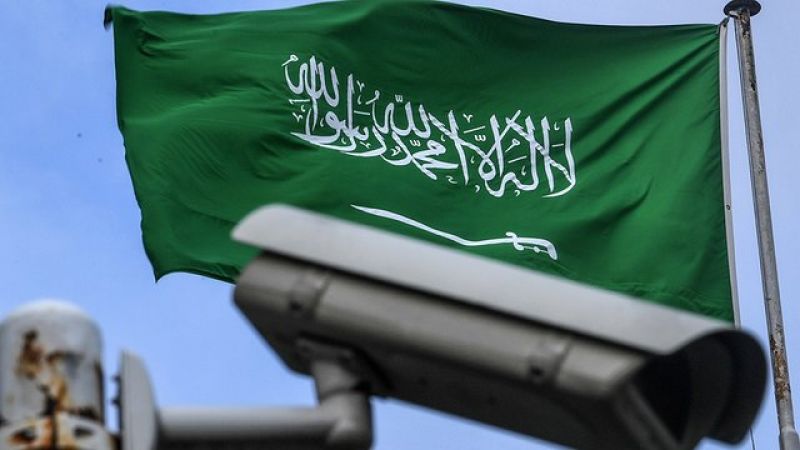
By Bonnie Kristian
“We all want this conflict to end,” Secretary of State Mike Pompeo said Friday of the war in Yemen. “We all want to improve the dire humanitarian situation. But the Trump administration fundamentally disagrees that curbing our assistance to the Saudi-led coalition is the way to achieve these goals,” he continued.
“The way to alleviate the Yemeni people’s suffering isn’t to prolong the conflict by handicapping our partners in the fight, but by giving the Saudi-led coalition the support needed to defeat Iranian-backed rebels and ensure a just peace.”
Pompeo’s remarks were a last-ditch effort to discourage the House from following in the Senate’s footsteps by passing a resolution requiring the Trump administration to stop supporting the Saudi-led intervention in Yemen’s civil war.
As the House already approved a similar measure and now must merely vote again on the Senate’s edits, Pompeo’s pushback is likely to fail. Another “yes” vote in the House would complete the first such rebuke of executive war-making under the War Powers Act of 1973, though President Trump is expected to veto.
Whatever the revolution's final fate, Pompeo’s claims are specious and false. There is no reason to believe the Saudi intervention has minimized the humanitarian crisis in Yemen, widely considered the world’s most acute.
On the contrary, independent observers agree the opposite is true — Saudi-led forces have been credibly accused of war crimes — and that the Saudi coalition’s careless approach to civilian welfare is enabled by the support it has received from Western partners, chiefly the United States.
Yemen would not overnight transform into a bastion of peace and plenty without the coalition’s involvement in its civil war. … Yemen was among the Middle East’s poorest nations even before its civil war began. But U.S. backing of the Saudi intervention has exacerbated this terrible situation.
“The United States is implicated in the aerial destruction,” notes Paul Pillar at "The National Interest." “U.S. assistance to the Saudi and Emirati air war includes mid-air refueling, targeting information, and voluminous sales of armaments,” including the bomb that struck a school bus, killing 40 young boys last year. With Washington’s help, the Saudi coalition has also launched strikes on civilian targets including homes, markets, weddings, funerals, medical clinics, water treatment plants, and more. A coalition naval blockade and restrictions on imports of food, medicine, and fuel has been cast as a means of choking opposition supply lines, but it's more significant effect is widespread starvation and preventable disease among ordinary Yemenis.
Prolonging U.S. assistance to this disastrous intervention will not, as Pompeo says, “alleviate the Yemeni people’s suffering.” It will do precisely the opposite. It will also accomplish exactly nothing for American security and interests. Backing Riyadh’s fight is hurting Yemen without helping us.
“The United States does not have a stake in the outcome of civil warfare in Yemen,” as Pillar writes. “The Houthi rebellion is rooted in very local issues … [and the] Houthis [do not] pose more than a trivial threat to anyone else in the region.” A withdrawal of U.S. support could well encourage the Saudi coalition to seek a quick resolution to this conflict at the negotiating table, but even if such a pivot to diplomacy did not happen or was unsuccessful, the security risks to the United States would remain minimal. The Houthis would remain a parochial concern with no means to harm American interests.
If anything, U.S. backing of the Saudi fight has been detrimental to our own security insofar as the ongoing chaos has permitted Al Qaeda in the Arabian Peninsula (AQAP), a regional terrorist organization which does have ambitions for overseas attacks, to flourish. In fact, coalition forces have been caught bribing and recruiting AQAP fighters, putting Washington in the absurd position of indirectly subsidizing a terrorist group with ties to the perpetrators of 9/11. American weaponry sold to Saudi Arabia has likewise been in AQAP hands.
The most plausible route to ending Yemen’s civil war and, in Pompeo’s words, “ensur[ing] a just peace,” is not to stay the course in supporting the Saudi coalition, as the secretary of state recommends. It is to end Washington’s backing for a catastrophic intervention which was never ours to fight. Continuing to help the Saudi war effort is a fool’s errand with cruel consequences for Yemeni civilians and no benefits for the United States.
Bonnie Kristian is a fellow at Defense Priorities and contributing editor at The Week. Her writing has also appeared in Time Magazine, CNN, Politico, USA Today, the Los Angeles Times, The Hill, and The American Conservative, among other outlets.
Source: The Hill, Edited by Website Team